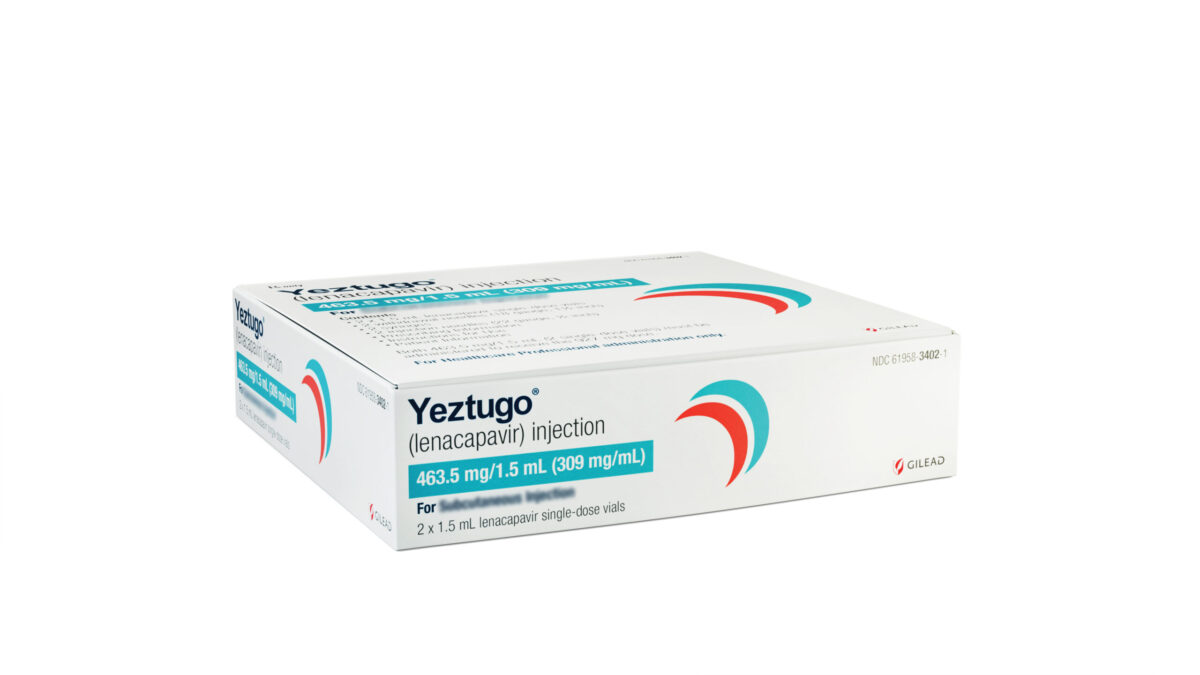This week, Mirati Therapeutics announced that their targeted therapy, Krazati (adagrasib), was approved to treat adult patients with KRASG12C-mutated locally advanced or metastatic non-small cell lung cancer (NSCLC) who have received at least one prior systemic therapy. This indication was granted under the US Food and Drug Administration (FDA)’s accelerated approval program, and, as such, its continued approval requires demonstration of clinical benefit in an additional confirmatory trial.
Patients must test positive for the KRASG12C mutation using an FDA-approved test before receiving treatment. Krazati is the second medication approved for this indication.
Non-Small Cell Lung Cancer
Lung cancer is the leading cause of cancer deaths in the US, and, in 2020, there were 2.21 million new cases worldwide. NSCLC, the most common type of lung cancer, includes adenocarcinoma, squamous cell carcinoma and large cell carcinoma; together, these make up 80 to 85 percent of all lung cancers.
People who smoke or have smoked in the past, have been exposed to asbestos or other environmental toxins, or radiation therapy are at risk of NSCLC; it is also common in people with other conditions like chronic obstructive pulmonary disease (COPD), pulmonary fibrosis, or HIV/AIDS.
Common signs of NSCLC include chronic coughing and shortness of breath. Patients may also experience chest pain, wheezing, lack of appetite, weight loss and fatigue. Diagnosis is based on results from blood tests, chest X-rays, lung biopsy, CT scans and other evaluations. These tests can determine the severity of the disease, ranging from Stage 0 (presence of abnormal cells in the lung) to Stage IV (when tumor cells spread from the lungs to other parts of the body; also called advanced disease). As the cancer progresses, it becomes more difficult to treat.
Targeted Therapies for Specific Genetic Mutations
While NSCLC can be treated using surgery (to remove the tumor), radiation therapy, chemotherapy and immunotherapy, advances in the field of oncology expanded treatment options.
Targeted therapies are developed to affect specific cancer cells based on their genetic signature. For example, cancer cells often express genetic mutations that are not found in normal cells. Medications that target these mutations only affect the cancer cells and not the body’s normal cells, and may be more effective than traditional treatments for some patients. Kirsten rat sarcoma viral oncogene (KRAS) mutations, which are common in patients with NSCLC, are associated with poor disease outcomes.
XTALKS WEBINAR: In Silico: From Knowledge Curation to Clinical Trial Simulation
Live and On-Demand: Monday, January 30, 2023, at 11am EST (4pm GMT/UK)
Register for this free webinar to learn about using a clinical trial simulation platform to generate auditable and reproducible digital evidence.
Krazati (adagrasib) Clinical Trial Results
Krazati is an irreversible inhibitor of a type of KRAS mutation called KRASG12C, which is present in approximately 14 percent of NSCLC tumors. It prevents tumor growth and viability in cells with this mutation by blocking the function of the mutant KRAS protein.
KRYSTAL-1 was a Phase I/II, multicenter, single-arm, open-label expansion cohort trial that evaluated the safety and efficacy of Krazati (adagrasib) in patients (N=112) with locally advanced or metastatic NSCLC with a confirmed KRASG12C mutation who were previously treated with two other therapies (a platinum-based regimen and an immune checkpoint inhibitor). Krazati (adagrasib) treatment was associated with an objective response rate (ORR) of 43 percent; in addition, 80 percent of patients achieved disease control, and the median duration of response (DOR) was 8.5 months. A pooled efficacy analysis of data from 132 patients demonstrated similar results (ORR: 44 percent; disease control rate: 81 percent); the median DOR was 12.5 months and median overall survival was 14.1 months.
The most common adverse reactions that affected 25 percent or more patients in the trials include nausea, diarrhea, vomiting, fatigue, musculoskeletal pain, hepatotoxicity, renal impairment, edema, dyspnea and decreased appetite.
Krazati is taken twice daily as a 600-mg oral tablet with or without food, and should not be used in combination with certain medications, including strong CYP3A4 inducers, strong CYP3A4 inhibitors, sensitive CYP3A4 substrates, sensitive CYP2C9 or CYP2D6 substrates or P-gp substrates, or medications that prolong QT interval.
A New Option for Patients with KRASG12C-Postitive NSCLC
“KRASG12C in NSCLC is an area of high unmet need and new treatment options offer patients and our community new hope for survivorship,” said Bonnie J. Addario, co-founder and board chair of the GO2 Foundation for Lung Cancer, in a press release. “I’m pleased that patients have options, there’s more awareness of this disease and we are all focused on improving the journeys of people living with KRASG12C-mutated NSCLC.”
Krazati will cost $19,750 per month. Mirati is launching a program to provide financial, educational and support services to patients. The company has also partnered with Agilent and Qiagen to develop a companion diagnostic to test patients for the KRASG12C mutation.












Join or login to leave a comment
JOIN LOGIN